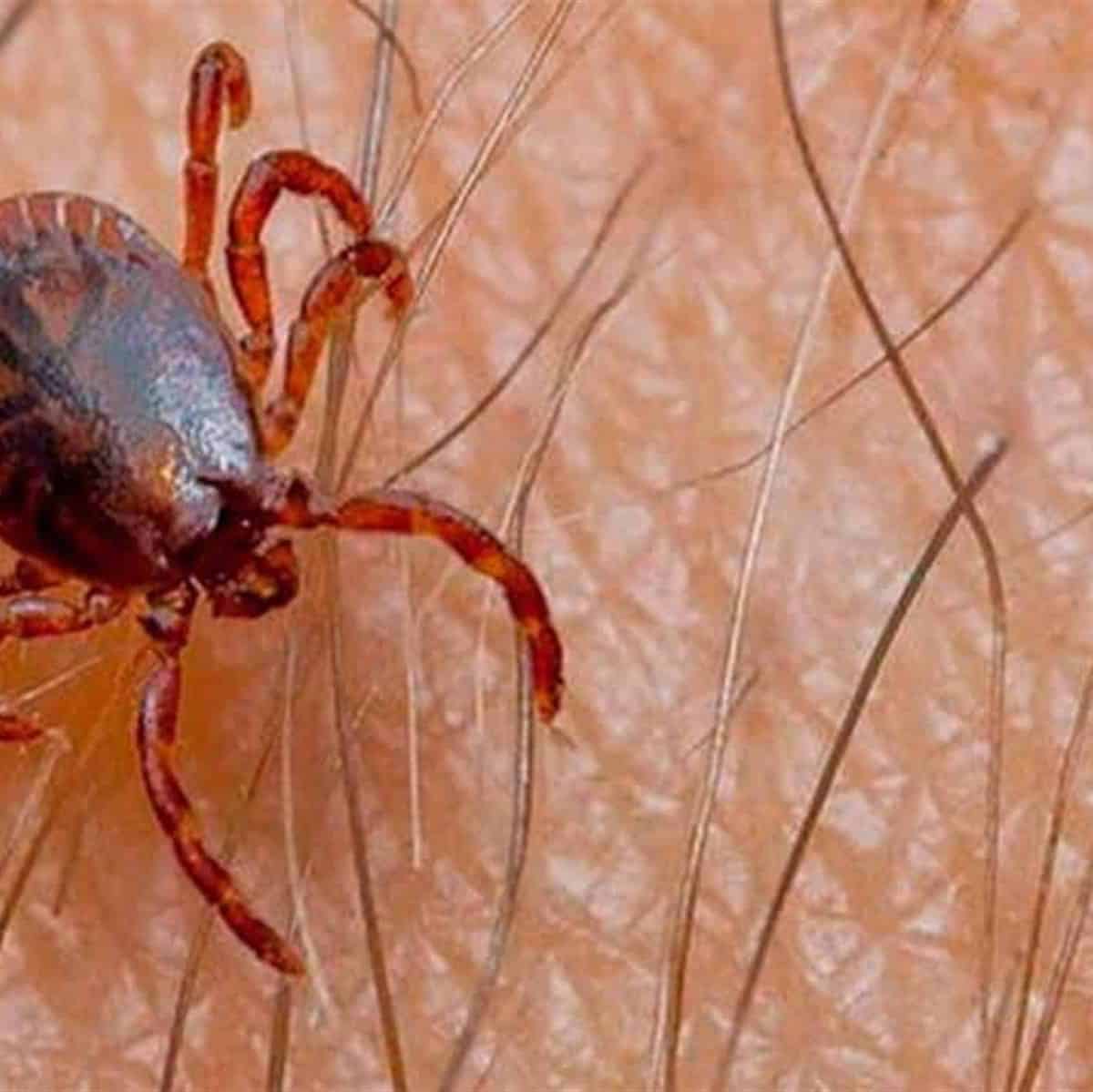Rickettsiosis is a group of diseases caused by bacteria that are transmitted to humans through the bite of an infected tick, flea, or mite. The diseases can range in severity from mild to life-threatening, and there is no specific treatment.
In Costa Rica, rickettsiosis is a growing threat to public health. The country has a warm, humid climate that is ideal for the spread of ticks and other vectors. In addition, the country’s forests and mountains provide a habitat for many of the animals that carry the bacteria that cause rickettsiosis.
One of the most common forms of rickettsiosis in Costa Rica is Rocky Mountain spotted fever (RMSF). RMSF is a serious illness that can cause fever, headache, muscle pain, rash, and even death. The disease is transmitted by the bite of an infected tick, and the symptoms typically appear within 2-14 days after the bite.
Another common form of rickettsiosis in Costa Rica is typhus. Typhus is a less severe illness than RMSF, but it can still be very dangerous. The disease is transmitted by the bite of an infected flea, and the symptoms typically appear within 3-14 days after the bite.
Rickettsiosis is a serious problem in Costa Rica, and it is important for people to be aware of the risks. If you are planning to travel to Costa Rica, it is important to take steps to protect yourself from tick bites. You should wear long sleeves and pants, and you should use insect repellent that contains DEET. You should also check yourself for ticks after being in an area where ticks are present.
If you think you may have been infected with rickettsiosis, it is important to see a doctor right away. Early diagnosis and treatment are essential for preventing serious complications.
In addition to the health risks, rickettsiosis is also having a significant economic impact on Costa Rica. The disease is costing the country millions of dollars each year in lost tourism and medical expenses.
The Costa Rican government is working to address the problem of rickettsiosis. The government has launched a public awareness campaign to educate people about the disease and how to protect themselves. The government is also working to improve surveillance and control measures.
However, more needs to be done to address the problem of rickettsiosis in Costa Rica. The government needs to increase funding for research and prevention programs. The government also needs to work with the tourism industry to develop new strategies to protect tourists from tick bites.
Rickettsiosis is a serious problem in Costa Rica, but it is one that can be controlled. With increased awareness and education, and with more effective prevention and control measures, Costa Rica can reduce the incidence of rickettsiosis and protect the health of its citizens and visitors.
In addition to the health and economic impacts, rickettsiosis is also having a social impact on Costa Rica. The disease is often associated with poverty and poor sanitation, and it can lead to stigma and discrimination against those who are infected.
The Costa Rican government is working to address the social impact of rickettsiosis. The government is providing education and support to communities that are affected by the disease. The government is also working to improve sanitation and hygiene in these communities.






